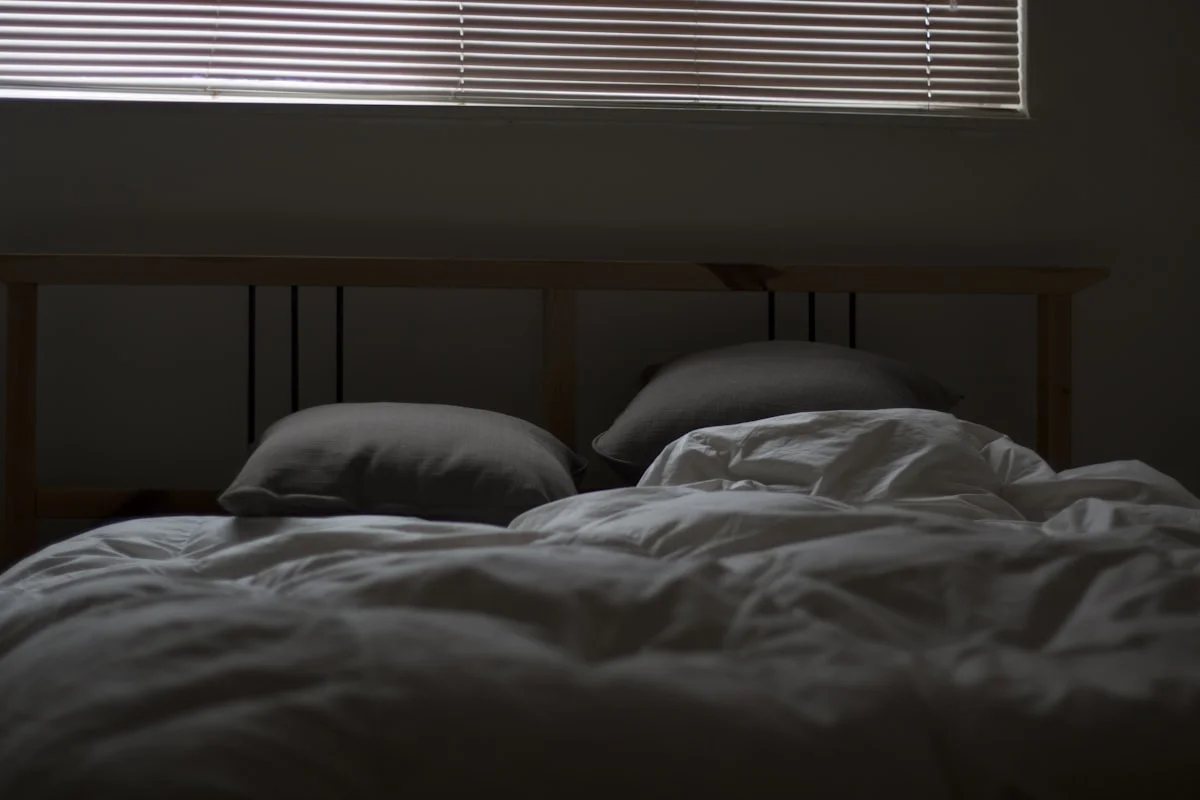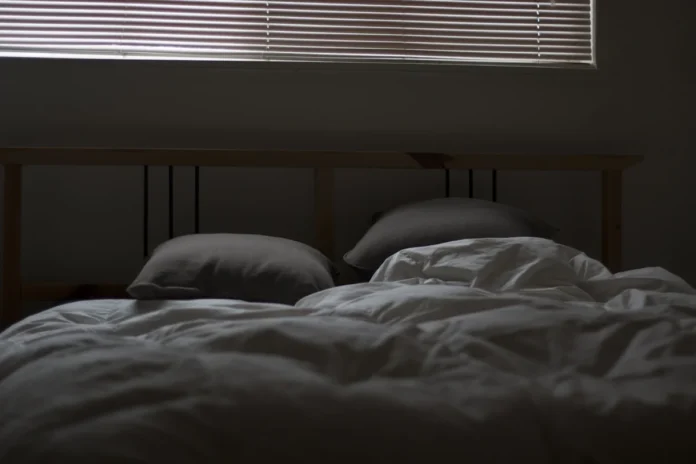“`html
Understanding Bipolar Disorder and Sleep Issues
Bipolar disorder is a complex mental health condition characterized by extreme mood swings, including emotional highs (mania or hypomania) and lows (depression). One of the most common yet often overlooked symptoms of bipolar disorder is sleep disturbance. People with bipolar disorder frequently experience insomnia during manic episodes or excessive sleep during depressive phases. These sleep disruptions can worsen mood instability, making effective treatment crucial.
Medication plays a vital role in managing bipolar disorder, and certain drugs are specifically known to help regulate sleep patterns. Finding the right medication can be life-changing for individuals struggling with sleep-related symptoms. This post explores the different types of bipolar medications that aid in sleep, how they work, and what patients should consider when discussing treatment options with their healthcare provider.

Common Bipolar Medications That Improve Sleep
Several medications prescribed for bipolar disorder have sedative effects that can help with sleep. These drugs not only stabilize mood but also promote better sleep hygiene, which is essential for managing the condition. Some of the most commonly prescribed medications include mood stabilizers, antipsychotics, and certain antidepressants.
Mood Stabilizers
Mood stabilizers are often the first line of treatment for bipolar disorder. Among them, lithium is one of the most well-known and widely used. Lithium helps regulate mood and has been shown to improve sleep continuity by reducing nighttime awakenings. Another mood stabilizer, valproate (Depakote), may also have mild sedative effects, though its primary role is to prevent manic episodes.
Lamotrigine (Lamictal) is another mood stabilizer that, while not directly sedating, can help stabilize sleep patterns by reducing depressive symptoms that often lead to oversleeping or irregular sleep schedules. These medications are typically taken in the evening to maximize their sleep-promoting benefits.
Atypical Antipsychotics
Atypical antipsychotics are frequently prescribed for bipolar disorder, especially during manic or mixed episodes. Many of these medications have strong sedative properties. Quetiapine (Seroquel) is particularly known for its sleep-inducing effects and is often prescribed at low doses specifically for insomnia in bipolar patients.
Other antipsychotics like olanzapine (Zyprexa) and risperidone (Risperdal) also have sedative effects, though they may be more commonly used for acute mania rather than chronic sleep issues. These medications work by blocking certain neurotransmitters in the brain, which can help calm hyperactivity and promote restful sleep.
Antidepressants with Sedative Effects
While antidepressants are not always the first choice for bipolar disorder due to the risk of triggering mania, some may be used cautiously in combination with mood stabilizers. Trazodone, for example, is an antidepressant often prescribed off-label for insomnia due to its strong sedative effects.
Mirtazapine (Remeron) is another antidepressant that can help with sleep, particularly in bipolar depression. It increases serotonin and norepinephrine levels while also acting as a potent antihistamine, which contributes to its sleep-inducing properties. However, these medications must be used under close supervision to avoid mood destabilization.
How These Medications Improve Sleep
The medications used to treat bipolar disorder and improve sleep work through various mechanisms in the brain. Many of them affect neurotransmitters like serotonin, dopamine, and norepinephrine, which play key roles in mood regulation and sleep-wake cycles. By stabilizing these chemicals, the medications help restore a more natural sleep pattern.
Sedating medications like quetiapine and trazodone often target histamine receptors, which are involved in wakefulness. Blocking these receptors can lead to drowsiness, making it easier to fall and stay asleep. Mood stabilizers like lithium may enhance the production of melatonin, the hormone responsible for regulating sleep, thereby improving sleep quality over time.
Additionally, by reducing the severity of manic or depressive episodes, these medications indirectly promote better sleep. Mania often leads to reduced need for sleep, while depression can cause excessive sleepiness or disrupted sleep. Managing these symptoms helps establish a healthier sleep routine.
Considerations When Taking Sleep-Aiding Bipolar Medications
While these medications can be highly effective, they are not without potential side effects. Sedating medications may cause daytime drowsiness, dizziness, or cognitive fog, especially when first starting treatment. It’s important for patients to discuss these effects with their doctor, as adjustments in dosage or timing may be necessary.
Another consideration is the risk of dependency, particularly with medications like benzodiazepines (e.g., clonazepam), which are sometimes used short-term for severe insomnia in bipolar disorder. Long-term use of these drugs can lead to tolerance and withdrawal symptoms, so they are generally not recommended as a permanent solution.
Patients should also be aware of potential interactions with other medications or substances, including alcohol. Regular monitoring by a healthcare provider is essential to ensure the treatment remains effective and safe over time.
Alternative Approaches to Improve Sleep in Bipolar Disorder
Medication is just one part of a comprehensive treatment plan for bipolar disorder and sleep issues. Lifestyle changes and therapy can also play a significant role in improving sleep quality. Cognitive Behavioral Therapy for Insomnia (CBT-I) has been shown to be particularly effective for individuals with bipolar disorder, helping them develop healthier sleep habits without relying solely on medication.
Maintaining a consistent sleep schedule, avoiding caffeine and screens before bedtime, and creating a relaxing bedtime routine can further enhance the benefits of medication. Some patients also find mindfulness practices or light therapy helpful, especially those with seasonal patterns of mood episodes.
Conclusion
Sleep disturbances are a common and challenging aspect of bipolar disorder, but the right medication can make a significant difference. From mood stabilizers to antipsychotics and certain antidepressants, there are multiple options available to help regulate sleep. However, treatment should always be personalized, taking into account the individual’s symptoms, side effects, and overall health.
If you or a loved one is struggling with bipolar disorder and sleep issues, consult a healthcare provider to explore the best medication and complementary strategies. With the right approach, achieving restful sleep and better mood stability is possible.
“`



